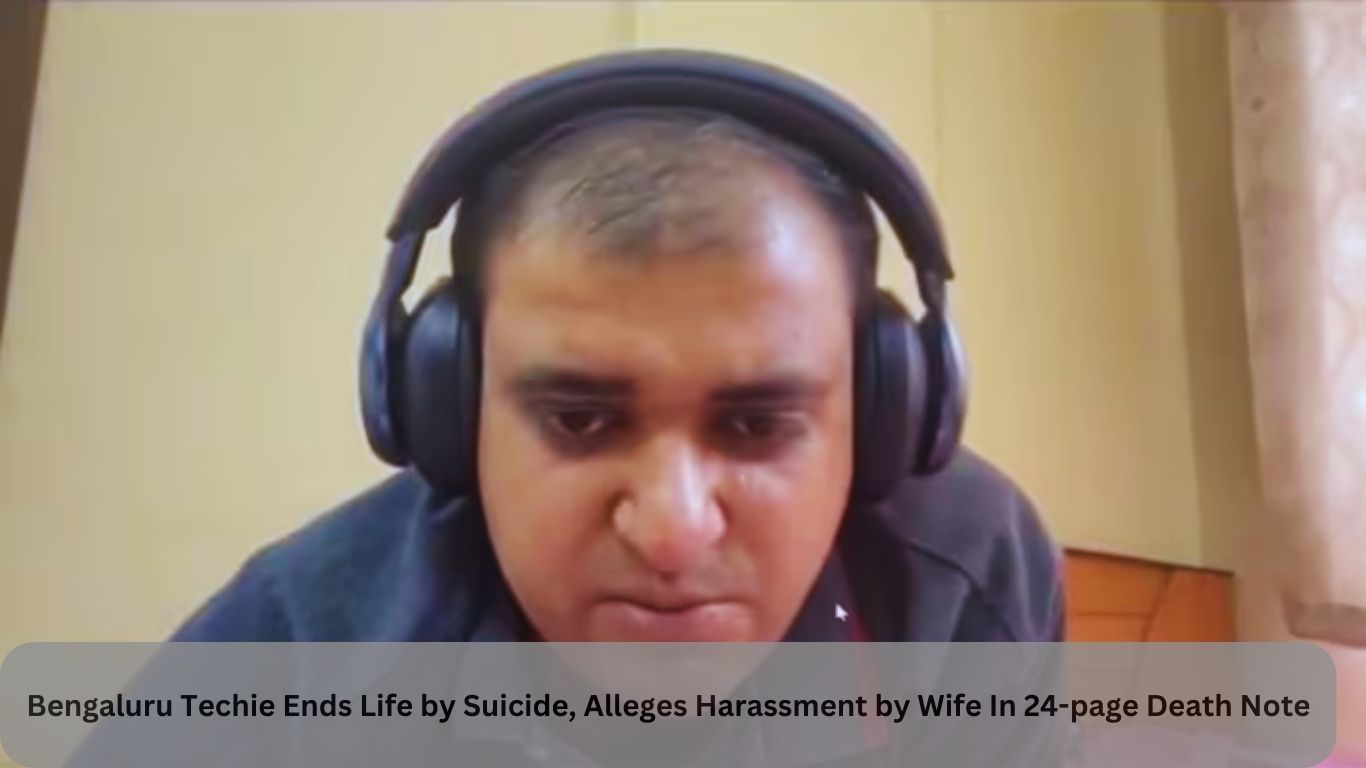The tragic death of Atul Subhash, a 34-year-old techie from Bengaluru, has sparked widespread discussions surrounding mental health, legal harassment, and societal pressures. Subhash, who was found dead in his residence on Monday, left behind a meticulously prepared checklist outlining tasks to complete before his suicide. The incident has not only shocked the tech community but also ignited debates about the alleged misuse of legal systems and its impact on individuals.
A Checklist of Final Tasks
Atul Subhash’s checklist, reportedly pasted on the wall of his Bengaluru home, was divided into three parts:
- Before Last Day
- Last Day
- Execute Last Moment
1. Before Last Day Tasks
The checklist reveals Subhash’s methodical approach to addressing all his pending responsibilities. This included:
- Completing all office-related work.
- Submitting his office laptop and charger.
- Ensuring financial security by securing his assets.
- Backing up important data and communications.
- Taking care of pending legal preparations.
- Creating redundancies to minimize disruptions for his family.
Against the items listed under this section, a “Done” column indicated completion, reflecting the techie’s deliberate planning.
2. Last Day Tasks
The “Last Day” section focused on personal and preparatory tasks leading up to his final moments. These tasks included:
- Leaving his car, bike, and room keys on the refrigerator.
- Ensuring all essential belongings were accounted for.
- Finalizing documents and notes for his family.
3. Execute Last Moment Tasks
In this part of the checklist, Subhash listed his immediate final actions:
- Taking a bath.
- Leaving the suicide note on the table.
- Organizing his surroundings to avoid confusion for others.
Reasons Behind His Suicide
Atul Subhash left a detailed 24-page suicide note and recorded a 90-minute video, both of which outlined the emotional and mental distress he faced due to multiple false legal cases. He accused his wife, Nikita Singhania, and her family of harassment and extortion, alleging that:
- They demanded a ₹2 lakh per month maintenance.
- A family court judge in Jaunpur, Uttar Pradesh, allegedly demanded a ₹5 lakh bribe to settle the cases.
- He felt the legal system encouraged and supported his harassers rather than protecting him.
In his note, Subhash expressed deep frustration with systemic inefficiencies, stating that delays in government processes also postponed his final decision. He believed that his death would stop the harassment of his elderly parents and his brother.
A Cry for Justice
Subhash’s final words emphasized his disillusionment with the legal system. He wrote:
“The more I work hard and become better at my work, the more I and my family will be harassed and extorted… Now, with me gone, there won’t be any money and there won’t be any reason to harass my old parents and my brother.”
This heart-wrenching statement sheds light on the toll that personal disputes and misuse of legal frameworks can take on mental health.
Impact and Outrage on Social Media
The tragic incident has sparked widespread outrage on social media platforms under the hashtag #JusticeForAtulSubhash. Netizens are calling for:
- A review of false cases filed under family law.
- Legal reforms to protect individuals against harassment.
- Greater awareness of mental health issues within the tech and legal communities.
Conclusion: A System in Question
Atul Subhash’s meticulously prepared checklist and detailed note offer a chilling insight into the pressures faced by individuals caught in prolonged legal battles. His case has become a stark reminder of the need for:
- Mental health awareness and support systems in workplaces.
- Legal reforms to address misuse and expedite justice.
- Stronger measures to protect individuals from harassment.
The incident raises pressing questions about how societal and legal pressures contribute to mental health crises and calls for urgent systemic changes to prevent such tragedies.















